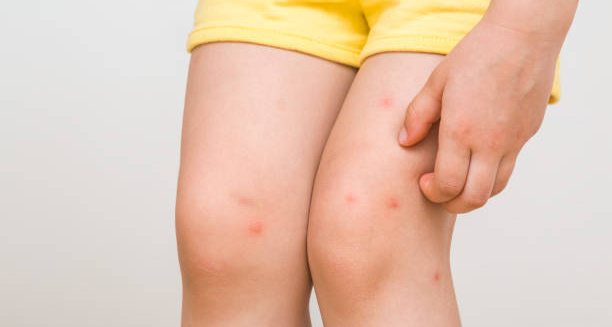Symptoms of Food Allergy
The symptoms of food allergy vary in severity, timing, and body systems affected. Food allergy symptoms typically appear within minutes to two hours after eating the trigger food and can range from mild itching to severe, life-threatening reactions. Early recognition and swift action are vital.
Mild to Moderate Symptoms
Itching or tingling in the mouth and lips
Skin reactions such as hives (urticaria), redness, or swelling
Nasal congestion, sneezing, or watery eyes
Nausea, stomach cramps, or diarrhoea
Vomiting, especially in children
These symptoms can occur alone or in combination. In some cases, they may progress to more severe reactions if not treated quickly.
Severe Symptoms (Anaphylaxis)
Anaphylaxis is a medical emergency that requires immediate treatment. Signs include:
Swelling of the tongue or throat, leading to difficulty breathing
Hoarseness or trouble speaking
Wheezing or chest tightness
Drop in blood pressure, causing dizziness or fainting
Fast or weak pulse
Pale or blue skin (in children)
Without treatment, anaphylaxis can escalate rapidly and become fatal. Adrenaline auto-injectors (e.g., EpiPen) should be used at the first sign of serious symptoms, followed by urgent medical attention.
Delayed Reactions
Some food allergies, particularly non-IgE-mediated types, can cause symptoms several hours after eating:
Persistent vomiting
Diarrhoea or blood in stool
Eczema flare-ups
Poor growth or feeding difficulties in infants
These are more common in cow’s milk or soy allergies in babies and may require an elimination diet under supervision.
Oral Allergy Syndrome
In some people, particularly those with pollen allergies, eating raw fruits and vegetables may cause:
Mild mouth itching or swelling
Usually resolves quickly and does not cause systemic symptoms
Caused by cross-reactivity between pollen proteins and food proteins
Cooking the food usually removes the allergenic protein.
When to Seek Help | Symptoms of Food Allergy
- If symptoms appear after eating a new food
- If reactions worsen with repeated exposure
- If breathing difficulties or swelling occur—call emergency services immediately
Tracking and recognising the symptoms of food allergy helps prevent serious outcomes and ensures that proper care is always close at hand.
[Next: Diagnosis of Food Allergy→]


